Here is my directory structure:
lowks@lowkster ~/src/rustlang/gettingrusty $ tree .
.
├── Cargo.lock
├── Cargo.toml
├── foo.txt
├── src
│ ├── boolean_example.rs
│ ├── function_goodbye_world.rs
│ ├── listdir.rs
│ ├── looping.rs
│ ├── main.rs
│ ├── pattern_match.rs
│ └── write_to_file.rs
└── target
├── build
├── deps
├── examples
├── gettingrusty
└── native
6 directories, 11 files
When I run 'cargo build', it seems to only build main.rs. How should I change Cargo.toml to build the rest of the files too?
